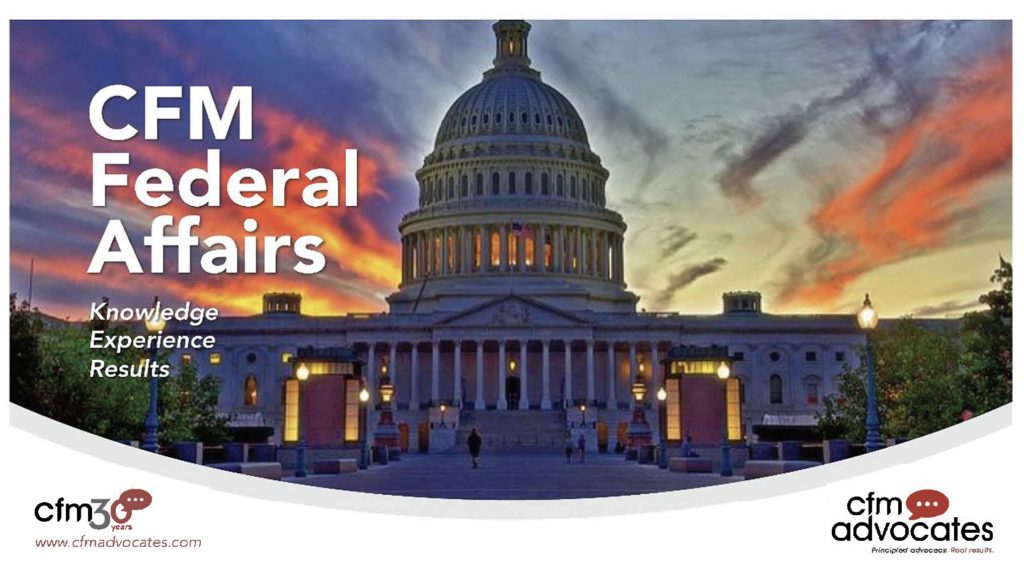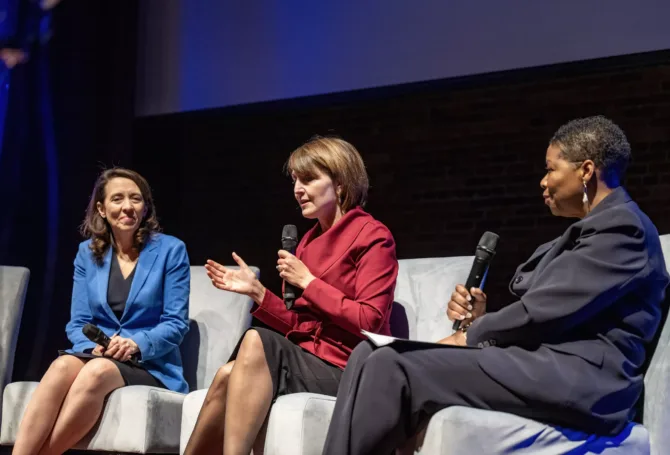
This is shaping up as the week of won’ts. There won’t be a second presidential debate. There apparently won’t be another coronavirus financial relief package. There won’t be any in-person sessions of the Senate, though the confirmation hearings for Supreme Court nominee Amy Coney Barrett are expected to proceed, with some senators participating remotely.
The second presidential debate scheduled for Thursday in Miami was canceled by the Commission on Presidential Debates after the nonpartisan body decided to switch to a virtual debate format in light of President Trump’s COVID-19 diagnosis. Trump refused to participate in a virtual debate and his campaign proceeded to schedule an in-person event on the same evening. The Trump campaign suggested delaying the second and third debates by a week, but Democratic challenger Joe Biden objected to that idea.
The coronavirus financial relief package was declared dead, then revived and by week’s end remained on life support. When hospitalized, Trump cheered for a deal. After his release, he declared negotiations were over. A day later, Trump expressed openness to one or more targeted relief packages, including a bailout for US airlines that began shedding employees October 1.
At week’s end, Treasury Secretary Steve Mnuchin laid a $1.8 trillion proposed compromise on the table, up from a previous $1.6 trillion offer. House Speaker Nancy Pelosi said the proposal was still insufficient. Conservative Senate Republicans complained the package was too big.
There was no explanation of Trump’s sudden turnaround on the financial relief package, though a steep stock market plunge following his scuttling of future negotiations may have been a factor. House Democrats have passed two versions of what they call the HEROES Act, the latest iteration weighing in at $2.2 trillion, down from $3.2 trillion in the original.
Trump and congressional Republicans now appear to carry the political burden on the eve of the November 3 election of blocking further financial assistance to individuals and businesses feeling the effects of an economic downturn. Over the weekend, Mnuchin and Trump Chief of Staff Mark Meadows floated the idea of repurposing $120 billion in unallocated Paycheck Protection Program proceeds. And, after Trump said in an interview on Friday he could support a relief package larger than what Democrats are demanding, White House economic adviser Larry Kudlow confirmed the possibility of a larger package and downplayed Senate GOP reluctance. “If an agreement can be reached, they will go along with it,” Kudlow said.
Coincidentally or inadvertently, Trump abruptly aborted negotiations just hours after Federal Reserve Chair Jerome Powell urged further financial stimulus to avert “tragic” results from an “incomplete recovery”. “Too little support would lead to a weak recovery, creating unnecessary hardship for households and businesses,” Powell said. “Over time, household insolvencies and business bankruptcies would rise, harming the productive capacity of the economy and holding back wage growth. By contrast, the risks of overdoing it seem, for now, to be smaller.”
Too little support would lead to a weak recovery, creating unnecessary hardship for households and businesses. Over time, household insolvencies and business bankruptcies would rise, harming the productive capacity of the economy and holding back wage growth. By contrast, the risks of overdoing it seem, for now, to be smaller.
The widening specter of White House and congressional coronavirus infections prompted a Senate recess this week – except for the Senate Judiciary Committee’s confirmation hearings and despite at least three GOP committee members in isolation in relation to the virus. “The Senate’s floor schedule will not interrupt the thorough, fair and historically supported confirmation process previously laid out by Chairman [Lindsey] Graham,” McConnell said, who believes a Senate vote is possible before the November 3 election.
Senate Minority Leader Chuck Schumer said it was “too dangerous” for hearings to continue. “Leader McConnell and Chairman Graham’s monomaniacal drive to confirm Judge Barrett at all costs needlessly threatens the health and safety of senators, staff and all those who work in the Capitol complex.”
The hearings start today and will last three or four days. Barrett is scheduled to give her opening statement today and undergo questioning on Tuesday. In addition to the consequential appointment of a conservative jurist to replace Justice Ruth Bader Ginsburg, there will be several intriguing subplots. Graham faces an unexpectedly difficult re-election bid, so his handling of the hearing could be a tipping point in his tight race. Democratic vice-presidential candidate Kamala Harris sits on the committee and is expected to flash her prosecutorial props in questioning Barrett.
House Democrats created a stir late last week by introducing legislation to set up a commission to spell out how the 25th Amendment would be employed to remove a sitting President deemed physically or mentally incapable of carrying out his duties. Speaker Nancy Pelosi and chief sponsor Congressman Jamie Rankin of Maryland said President Trump’s COVID-19 infection and “altered state” underscored the need for more clarity on the 25th Amendment, though both said the commission’s findings would only apply to future presidents.
The commission would consist of eight Republicans and eight Democrats that includes physicians and former federal officeholders. It would be empowered to study a president’s health, including requesting an exam. A majority of the commission could vote to remove a president, allowing his or her vice president to assume the office.
The legislation drew a predictably sharp reaction from Trump, who accused Pelosi of trying to stage a coup. GOP Senate Majority Leader Mitch McConnell dismissed the legislation as “absolutely absurd”.
Last week featured the only vice-presidential debate, which was more civil than the first presidential debate. Vice President Mike Pence and Democratic challenger Senator Kamala Harris had pointed exchanges and both evaded answering hot-button questions. Pence didn’t say whether he and Trump had discussed a temporary transfer of power in the event of a Trump disability. Harris dodged a question posed by Pence about support for packing the Supreme Court with new, more liberal justices.




